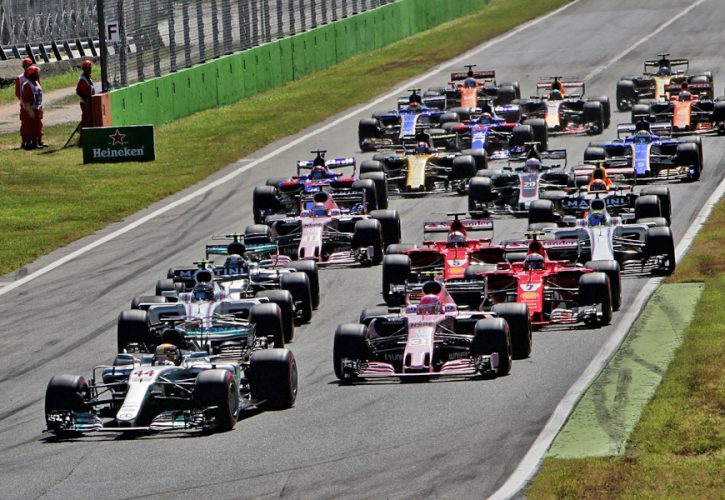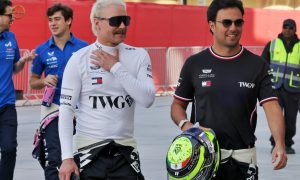
Monza saw huge criticism of the current system of imposing grid penalties for excessive power unit element and gearbox changes. Nine drivers were hit by grid drops at Monza as a result of the rules.
Red Bull team principal Christian Horner was among those arguing for a review after the Italian Grand Prix. FIA sporting director Ross Brawn is also considering an end to grid penalties, saying the present system had got out of control.
However, two teams have now spoken up in favour of retaining the existing regulations.
Haas team principal Guenther Steiner pointed out that the current rules were aimed at keeping costs under control. Moreover, they prevented the big teams from spending their way to success.
"We did this for a good reason, to have cost control," he explained. "If you get only one grid position or something, again the big teams will go away even further. They would change everything, every time, evolve it and be faster.
"They would make up the grid penalties with being faster. Look at Verstappen - or Ricciardo [in Monza]," he continued. "35 [place grid drop] and he still finished fourth.
"The big teams they can make it up. And if we reduce the grid penalties, there’s no point to do it," he argued. "Again we would just spend more money because don’t care about the grid penalties as we would make it up."
Deducting constructors points has been one of the alternatives proposed to the current system of grid drops.
"What is worth more, the constructors’ or the drivers’?" Steiner replied. "If you want to, just focus on winning on the drivers’. Every time you have a new engine, everything new in and the manufacturer gets last but the driver wins."
Force India's chief operating officer Otmar Szafnauer echoed Steiner's reasoning. He agreed that the current grid penalties kept the sport fair, and that they shouldn't be thrown out.
"If we had an unlimited amount of money, I'd agree with Ross," Szafnauer said this weekend. "Let everyone spend what they want. Then it's a whole different formula.
"But you can't say we have to control costs but not have this kind of stuff," he continued. "Because they are incongruent, those two statements.
"Next year we go to three engines per driver. How do you remove the incentive to say, 'Well I don't care if it's three, I have the money to spend so I'll do six?'
"One way to do it is grid penalties. they remove the incentive to spend money on engine development," he pointed out. "If there is a better way to do it, I'm all for it. When the rules were written, that was the best way."
Gallery: The beautiful wives and girlfriends of F1
Keep up to date with all the F1 news via Facebook and Twitter







